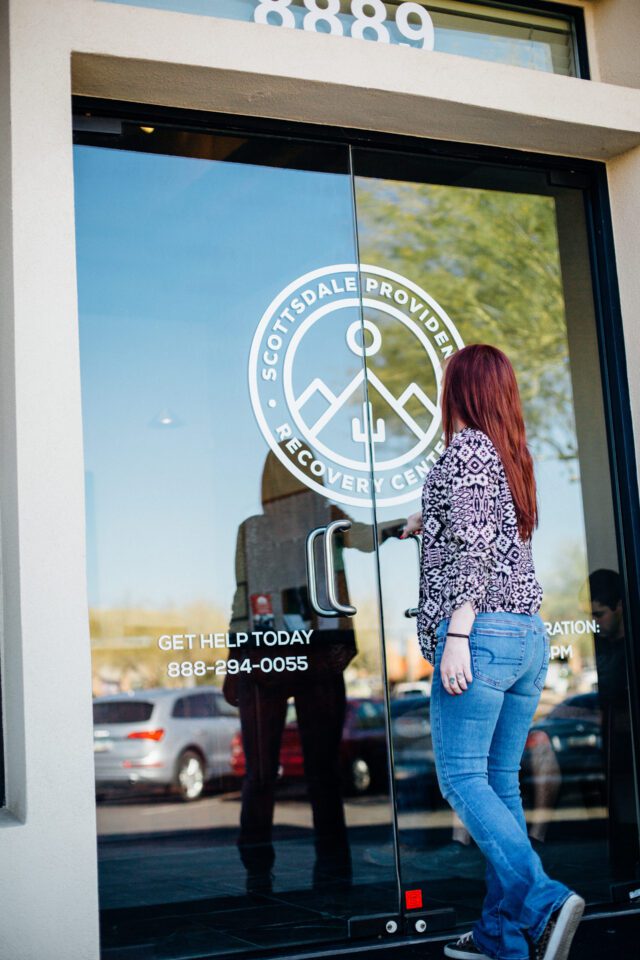
What is Alcohol Abuse?
Alcohol abuse refers to the excessive and harmful use of alcohol. It involves a pattern of drinking that leads to physical, psychological, or social problems. Alcoholism is a condition that can escalate to more severe forms of alcohol use disorder if left untreated.
It is important to recognize the symptoms and seek help if you or someone you know is struggling with this issue. Remember, it is never too late to seek help and make positive changes for a healthier and happier future.

Symptoms of Alcohol Abuse
Physical symptoms of alcohol abuse can manifest in various ways. Individuals may develop a tolerance to alcohol, requiring larger amounts to achieve the desired effect. They may also experience withdrawal symptoms when they try to stop drinking, such as tremors, sweating, nausea, and anxiety. Alcohol abuse can lead to liver damage, digestive issues, and an increased risk of developing certain types of cancer.
Psychological symptoms of alcohol abuse can be equally concerning. People may experience mood swings and depression as a result of their excessive drinking. Over consumption of alcohol may lead to risky behaviors while under the influence, such as driving under the influence. These behaviors can have severe consequences and put both the individual and others at risk.
Social problems are another significant aspect of alcohol abuse. Relationships may suffer as individuals prioritize alcohol over spending time with loved ones. They may become isolated and withdraw from social activities that do not involve drinking.
Alcohol-Related Illness and Death
Nearly 100,000 annual deaths are attributable to alcohol abuse. More than half of them are due to long-term use.
19.1%
of all alcohol-related deaths are casued by alcoholic liver disease
53.7%
of alcohol-related deaths are due to chronic misuse
52.4%
47.6%
32%
22.5%
16.1%
Treating Alcohol Abuse
Recognizing the symptoms of alcohol abuse is the first step toward recovery. It's essential to understand that alcohol abuse is a treatable condition, and help is available. Seeking professional assistance from a healthcare provider, therapist, or an addiction treatment center is crucial.
Let us be your partner in recovery. Contact us now to take the first step.

The Latest on Alcohol Recovery
Scottsdale Rehab For Heroin, Alcohol, Meth, Cocaine, Benzos, Trauma, And Mental Health
What Does Your Health Insurance Cover?
GET APPROVED. MOST INSURANCES ACCEPTED.
Let Us Handle The Paperwork And Make It Easy To Get The Help You Need.
